How Speculative Development Addresses Supply Chain Challenges
David Welch of Robinson Week Partners on how developers are accelerating pipelines to meet tenant demand.
Supply chain slowdowns are impacting nearly every industry with increased shipping times and material shortages delaying the delivery of goods, driving up costs and extending construction timelines.
The industrial sector has not been immune to these challenges, with crucial materials, such as steel and roofing materials, backlogged for months, leading to a rise in costs. As a result of these challenges, the process to develop a customized or build-to-suit warehouse can take up to a year or longer.
To help prospective tenants address these pandemic pressures, developers are accelerating their pipeline for speculative developments, which can support a variety of user needs. Speculative development is the practice of constructing a building without a tenancy commitment, with the belief that by the time construction is complete, market demand will supply a tenant.
Developing Speculatively to Meet Surging Demand
While speculative development is not a new practice among industrial real estate developers, the construction of these facilities has increased since the start of the pandemic. According to a 2019 Cushman and Wakefield report, speculative industrial development comprised 67 percent of the warehouse and distribution center product under construction at the end of 2019. In 2021, that figure jumps to 74 percent—a 7 percent increase since the start of the pandemic.
As prospective tenants look to future-proof supply chain operations through measures including stocking extra inventory and improving redundancy, leasing speculative space is another smart tactic to help them offset supply chain challenges.
Speculative developments prioritize standardized, modern, and functional designs that are versatile and move-in ready for a variety of potential tenants. With industrial vacancy rates falling to 3.7 percent in 2021, an all-time low, speculative development is a strategic solution to address rising demand.
Well-Located Facilities Driving Premium Rents
As supply chain challenges become more prominent and quickly evolve, more companies will be willing to pay a premium for well-located facilities. More than anything, companies are seeking facilities in key logistics hubs that boost productivity as e-commerce activity continues to grow, in addition to generating economic value for their bottom line – and they will pay top dollar to achieve this.
According to a Commercial Edge report, the national average for in-place industrial rents across the top 30 U.S. markets reached $6.45 per square foot in February, increasing 4.4 percent year-over-year. The availability of speculative warehouses in constrained markets will command higher rents from tenants who value strategic locations.
Where is Industrial Development Headed?
While solutions to supply chain snarls and backlogs continue to be explored, it’s likely we will face more challenges and slowdowns in the meantime that will put additional stress on the industrial real estate sector. By providing a steady supply of new developments, developers can get ahead of these challenges in providing quality facilities to tenants who don’t have the operational bandwidth to wait for a project to go from planning stages to delivery.
Industrial demand remains high in core markets, such as Atlanta, Dallas and Houston. It’s also rising in the secondary markets, including cities such as Savannah, Ga., Charleston, S.C., and Nashville, Tenn., as more developers begin to expand their search for available land. Although JLL reports nearly 90 million square feet of industrial product was delivered in Q4 2021, the market remains tight, underscoring the need for more speculative development.
To maintain the momentum taking place in the industrial market despite supply chain challenges, speculative development offers a flexible solution to counter these snarls. The speculative development strategy provides a mutually beneficial way to meet growing demand for industrial space. With the combination of record demand, rent growth and investment activity, the industrial sector is poised to continue seeing growth and success for the rest of this year and into 2023.
David Welch is the president & CEO of Robinson Weeks Partners. He is responsible for the overall operations and growth of the firm including the implementation and oversight of its developments, acquisitions and dispositions. He maintains key relationships with investors and capital partners. He leads efforts to structure joint ventures through public and private partnerships and oversees the company’s largest development project, Gillem Logistic Center, a 1,168-acre master-planned development in metro Atlanta.


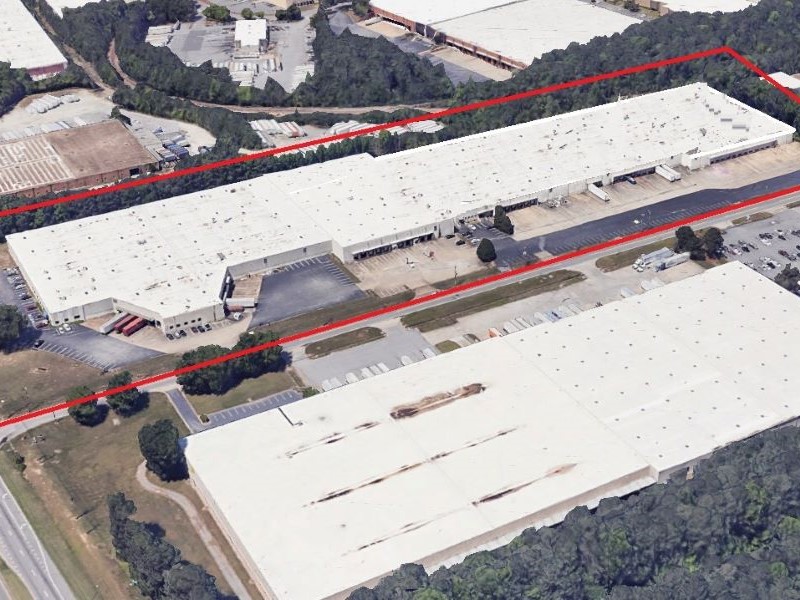
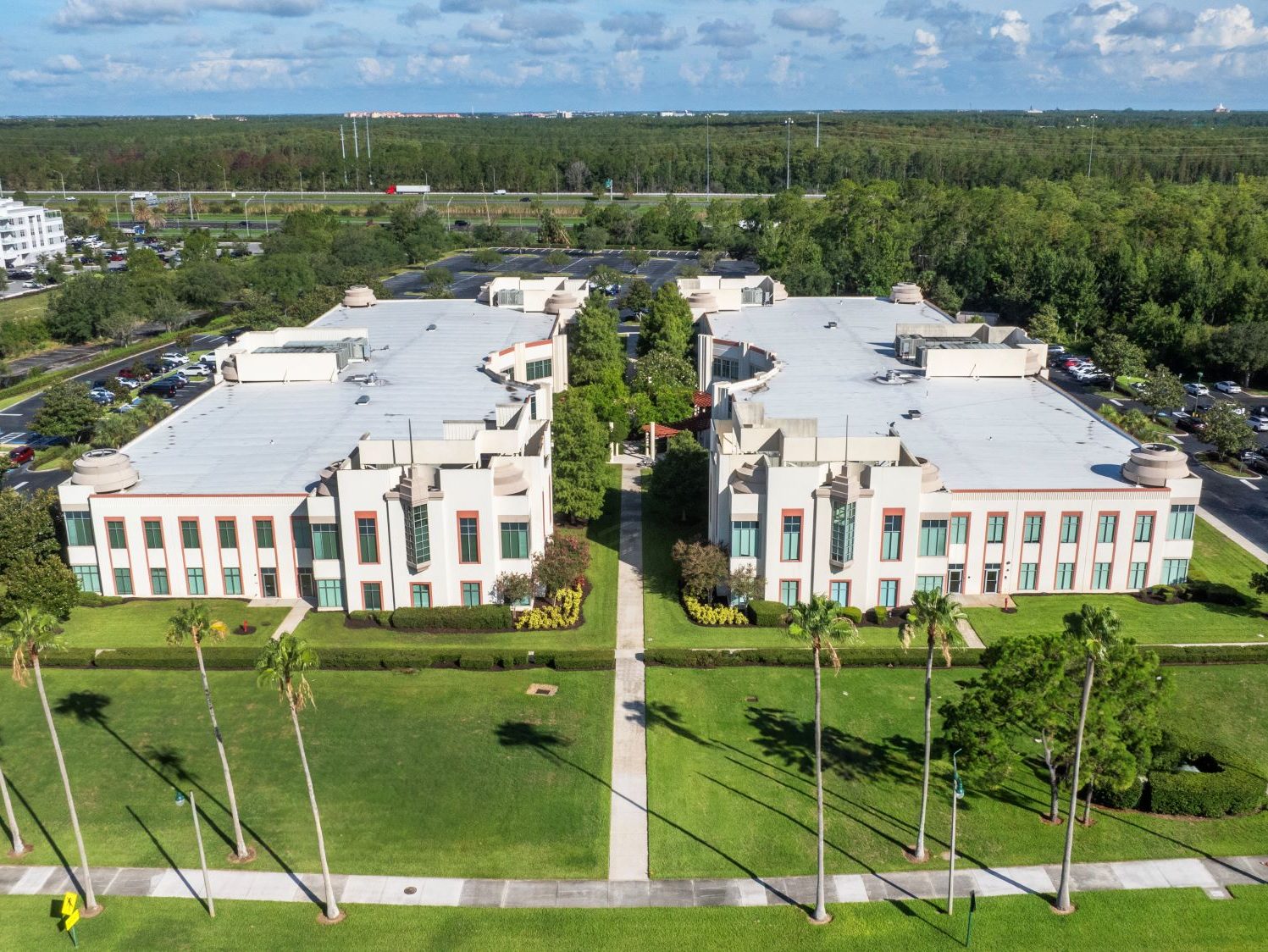
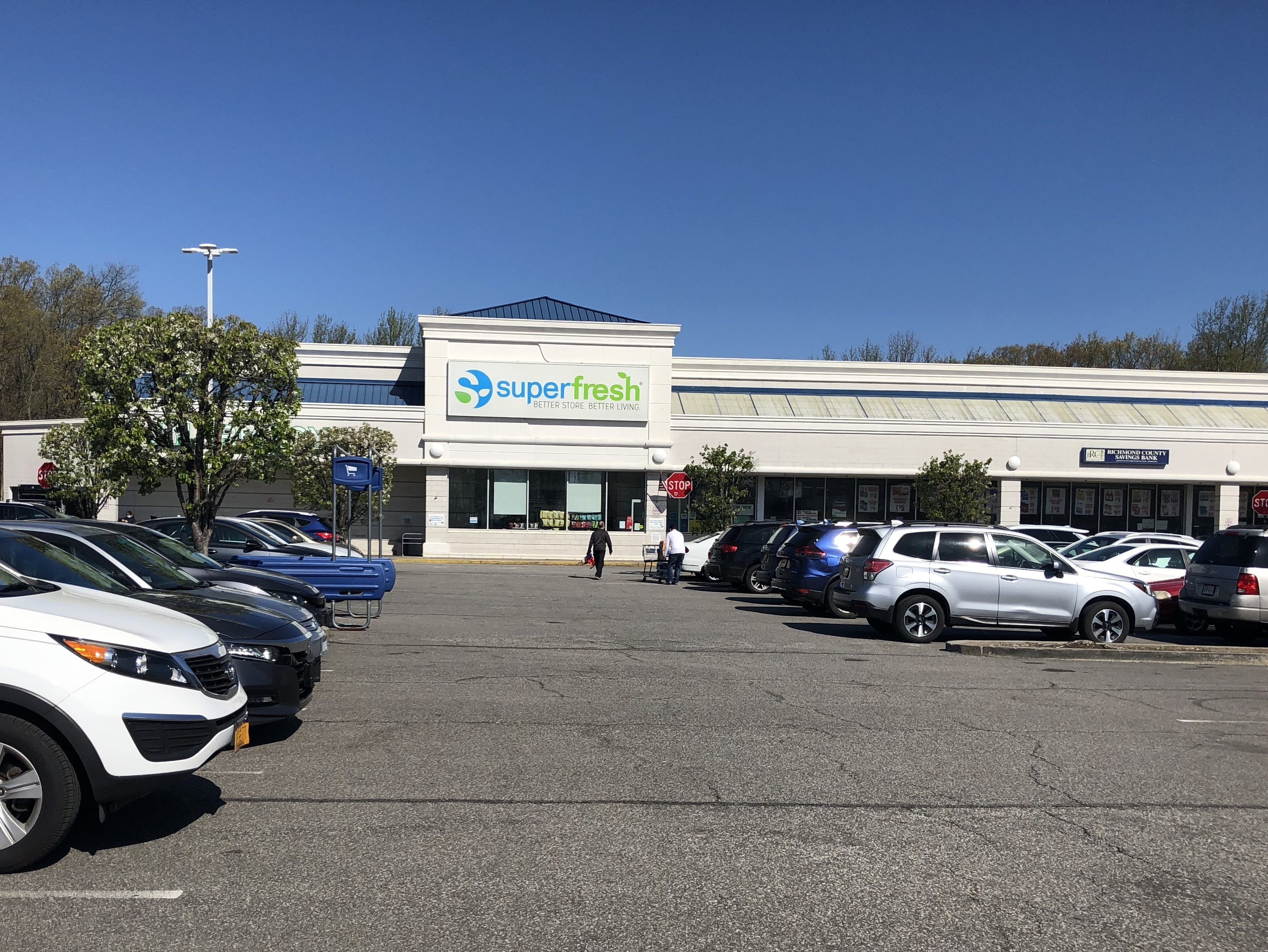
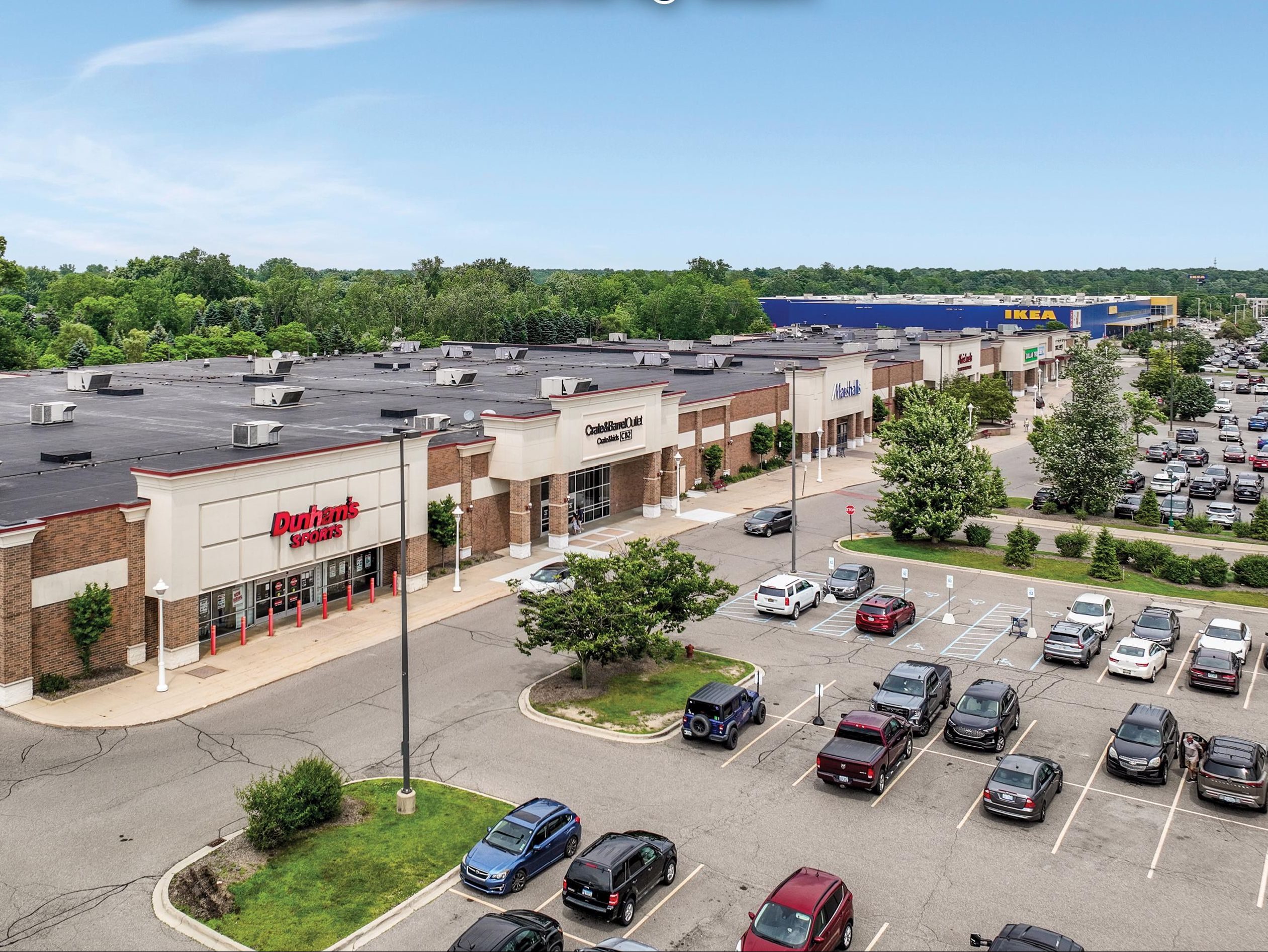
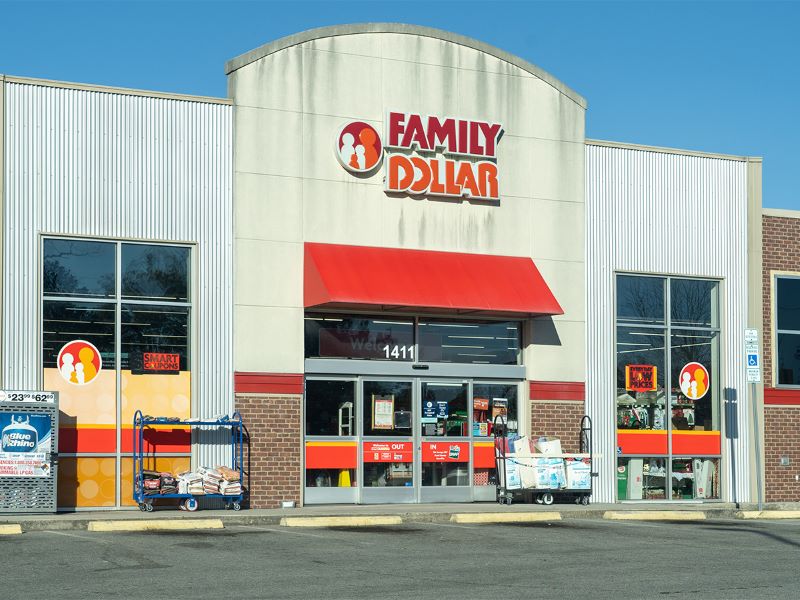
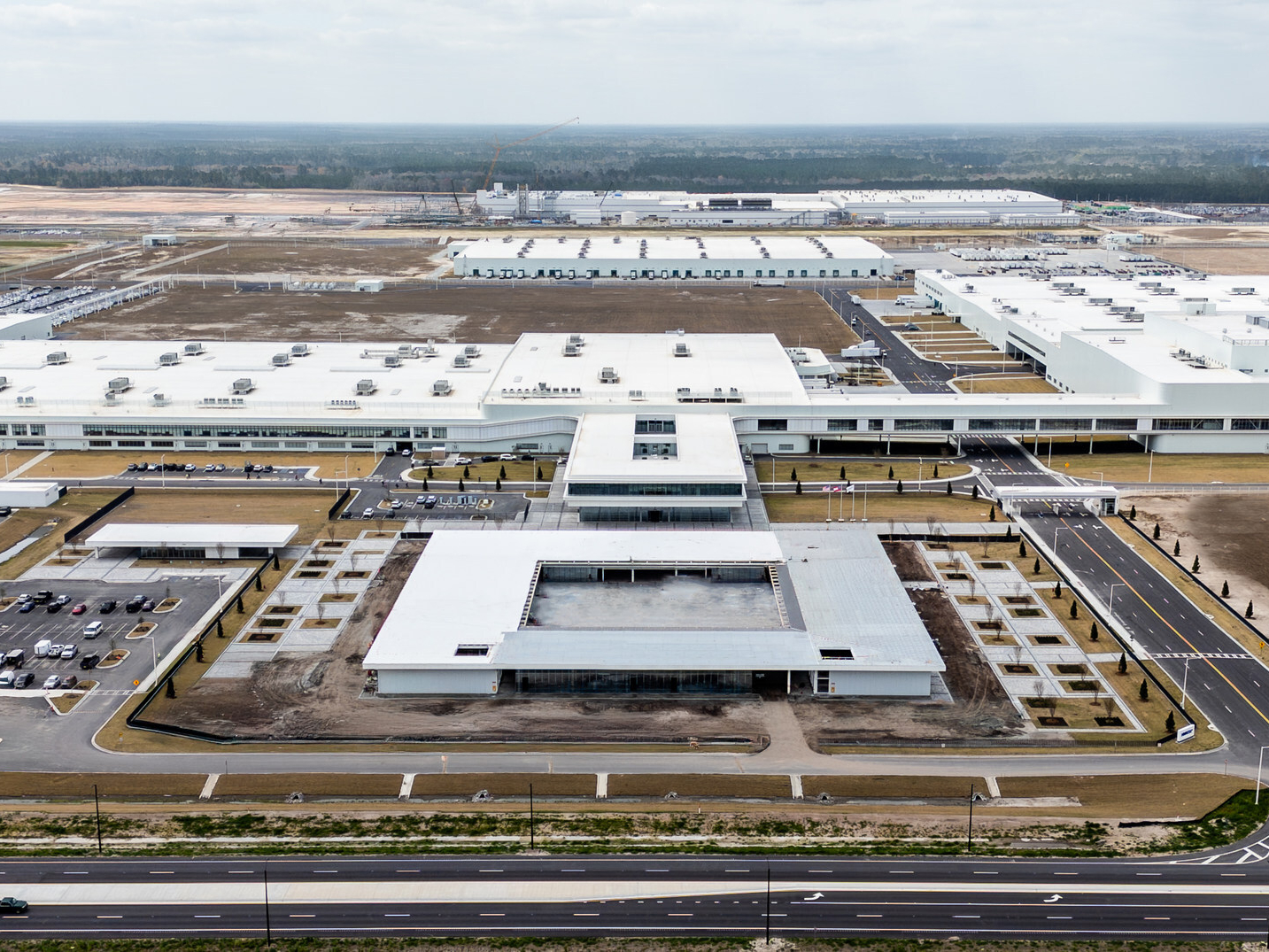
You must be logged in to post a comment.